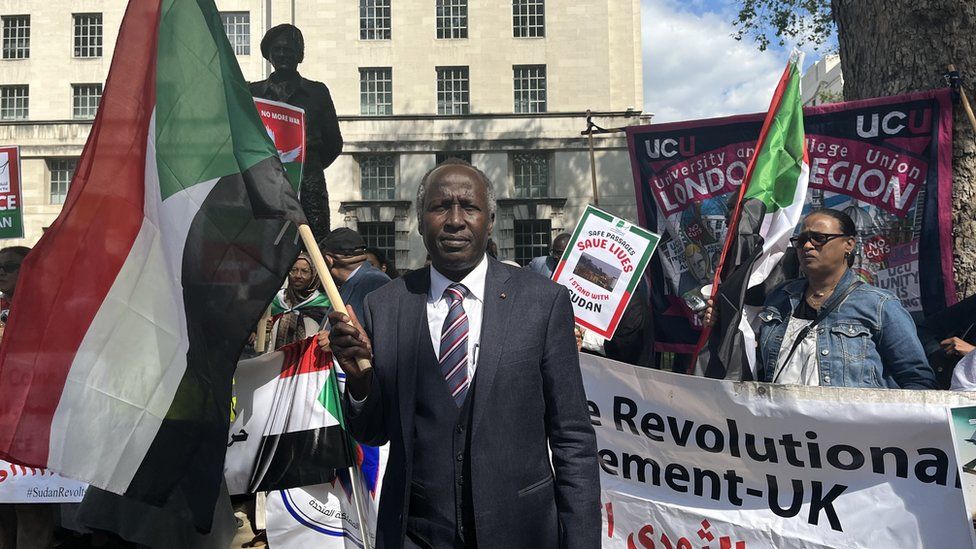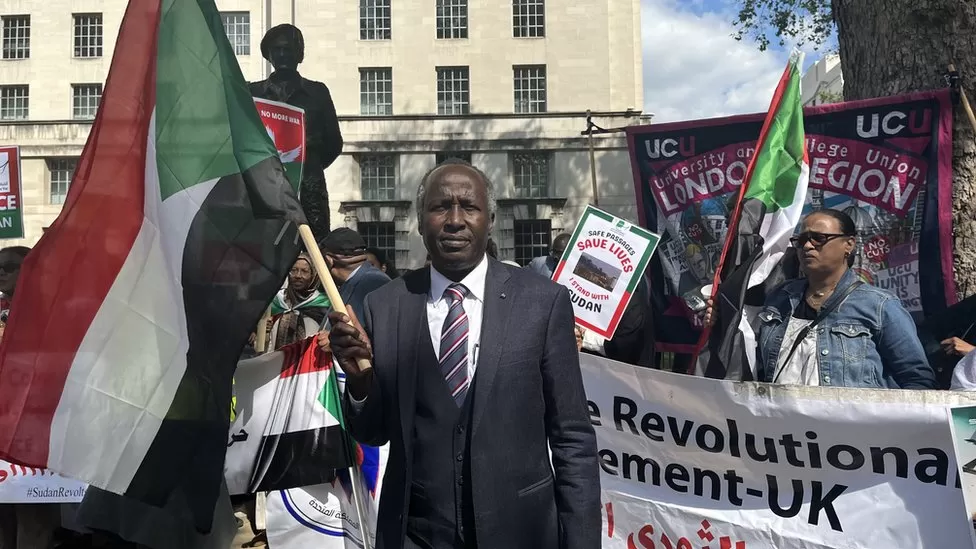Members of the Sudanese community in Oxford are continuing to fight to bring their families home as many remain trapped overseas.
The country was thrown into chaos by the conflict that started on 15 April and led to an exodus of foreigners.
It left many Sudanese in Egypt or other nearby countries, with few funds to get themselves or their loved ones home.
The government said it had carried out “by far the longest and largest evacuation of any Western country”.
At least 850 people have been killed since the fighting began.
Nazar Yousif, from the not-for-profit organisation Sudanese in Oxford, said his inbox has been flooded with more than 65 individual cases of family members in the region struggling to be evacuated.
He called the government’s response to the crisis “unacceptable” and added: “The government have said they’re monitoring the situation but do not think its at Ukraine levels so they will not offer visa relaxation or any emergency visas.”
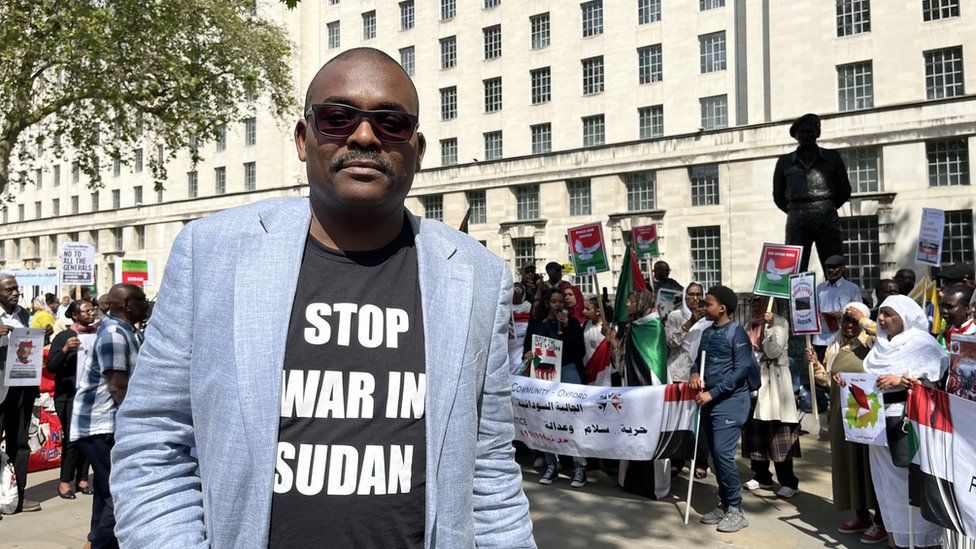
Last month Nahla Abugusseisa decided to make the journey to Aswan in Egypt, a common evacuation spot for Sudanese refugees, to rescue her seriously ill mother.
The fighting that started on 15 April between the army and paramilitary Rapid Support Forces (RSF) has led to many civilians trying to leave via the borders of Egypt, Ethiopia, and Chad.
Main roads are at the mercy of the militia, leaving civilians skirting the back roads. This means a six-and-a half-hour car journey from Khartoum to Dongola ends up taking 11.
This was the journey Nahla’s mum Afaf had to make, despite barely being able to speak or move due to her health conditions.
After spending more than £5,000 to get the 78-year-old across the border, her case was taken up by the MP for Oxford East, Anneliese Dodds.
The former Labour shadow chancellor said in an email: “We will do all that we can to get the Home Office to consider it as quickly as possible”, adding that it might “exercise discretion in these challenging circumstances”.
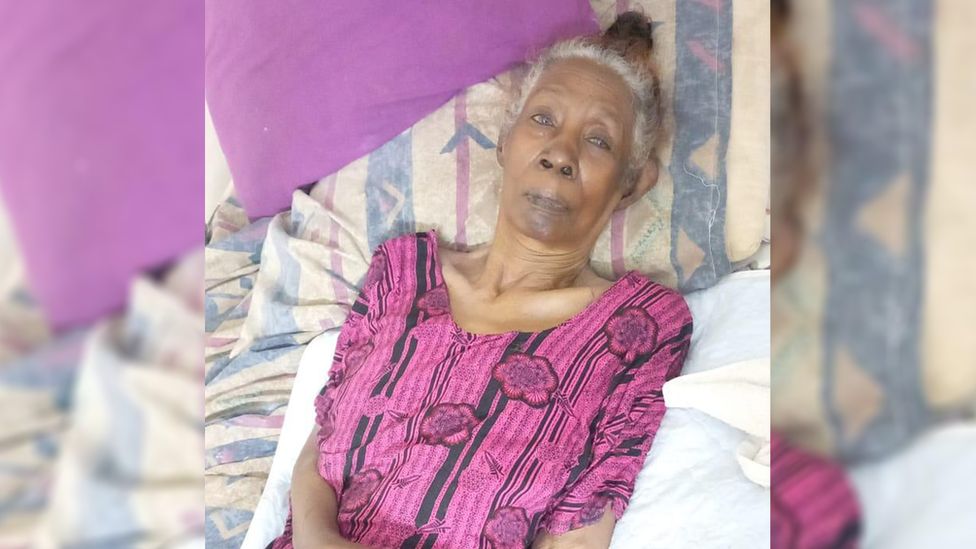
Niam Ali, her two-year-old son Yousif, and husband Mohammed Yassien, were denied a flight home after being told they were not all eligible for rescue.
After the issue was raised in Parliament, foreign office minister Andrew Mitchell said the government would do everything it could to help.
Niam and her son Yousif, who both have British passports, were able to get to Egypt where they remain. Her husband is still in Sudan.
Ahmed Allan’s wife and children, a four-year-old and two 14-month-old twins, travelled to Al Qadarif from Oxford on 14 March to visit her family, including her sick father.
With his family stranded in the country, Mr Allam had to borrow £1,800 for flights from a neighbour who belongs to St Ebbes Church in Oxford.
After three bus journeys, a flight to Addis Ababa, and another flight to Cairo, they were told they had to buy new tickets as they missed their flight from Sudan to Egypt.
“I just want to get my family back but I’m not getting the support”, said Mr Allam.
Mr Allam, who works at Burger King in Cowley, had been paying rent for his family’s apartment in Egypt, which was due to run out on 2 June.
He said: “Just imagine you haven’t got your kids with you for the past two months. You don’t know how they’re eating, you don’t know how they’re sleeping… I can’t sleep, I can’t work, I can’t do anything.”
Eventually, with the help of the British Embassy in Cairo, Mr Allam was able to change the flights and get his family home, but still needs to pay back £1,200.
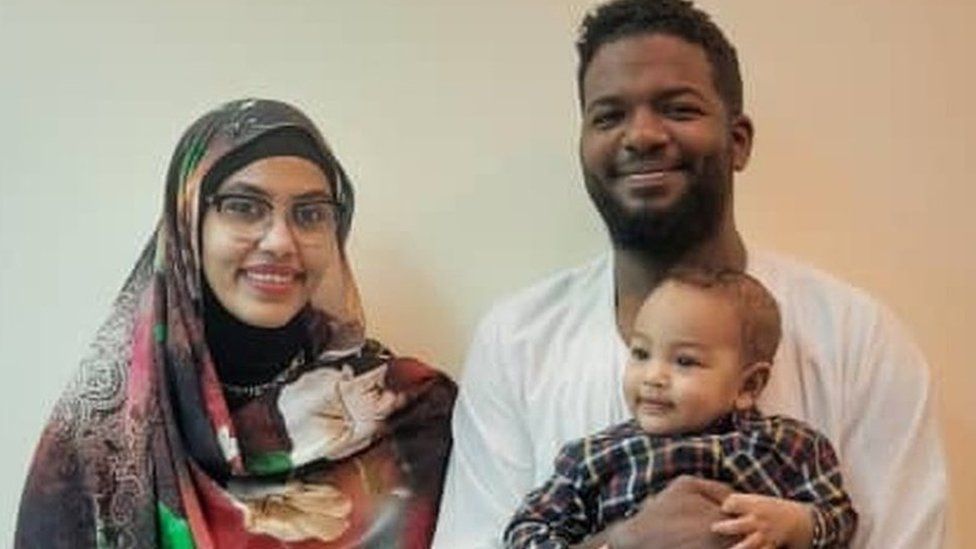
Islam Mohammed, another Oxford resident, said she was left with no options for evacuating her mother, who remains stranded in Sudan after visiting for Ramadan.
She said: “The response of the English government is that they’re not going to help their own citizens – they don’t fit into the Ukrainian narrative.
“Some of the communities I know are working class families and live from pay check to pay check and its not easy to find that money.
“To call in internationally is hit and miss – sometimes it goes through and sometimes it doesn’t. Sending money is also impossible as places to take out cash are closed or guarded by militia.”
Last week members of the Sudanese community in Oxford protested opposite Downing Street, calling for the government to take action.
Sahra Ahmed, chairperson of the Sudanese in Oxford, is concerned about the impact on the mental health of her community.
She said: “Sudan is not being treated the same as Ukraine or Syria that have been in the same situation. My own house has been invaded and the militia is living there. My situation is the same as hundreds and thousands of others”.
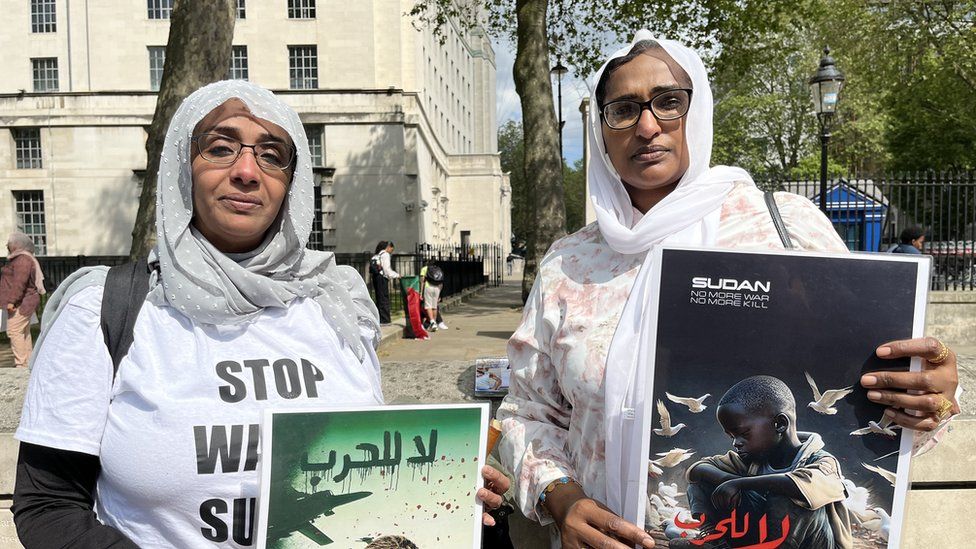
Hala Khier, another member of the organisation, said: “In December 2018 lots of people called for the UK to do something about the RSF. Everyone’s down but we can’t do anything. As UK nationals, we feel the UK should act, even providing basics like medicine and food.”
Dr Hashmi Mukhtar, Secretary General of the Sudanese Revolutionary Movement in the UK, said the organisation is keen to get humanitarian aid to the cities most hurting from the conflict.
He said: “Egypt is crowded and there is no support for them. Ethiopia is hostile to them. We need humanitarian aid and we need a ceasefire. It’s a double standard to deal with the Ukrainians in one way, and the Sudanese in another way.”
A UK government spokesperson said: “The UK has carried out by far the longest and largest evacuation of any Western country from Sudan, bringing 2,450 people to safety.
“It has always been the case that the evacuation has been open to British nationals and their eligible family members, with a later exemption for NHS clinicians.
“Alongside the UK evacuation effort, we are working with international partners and the United Nations to bring an end to fighting.”
